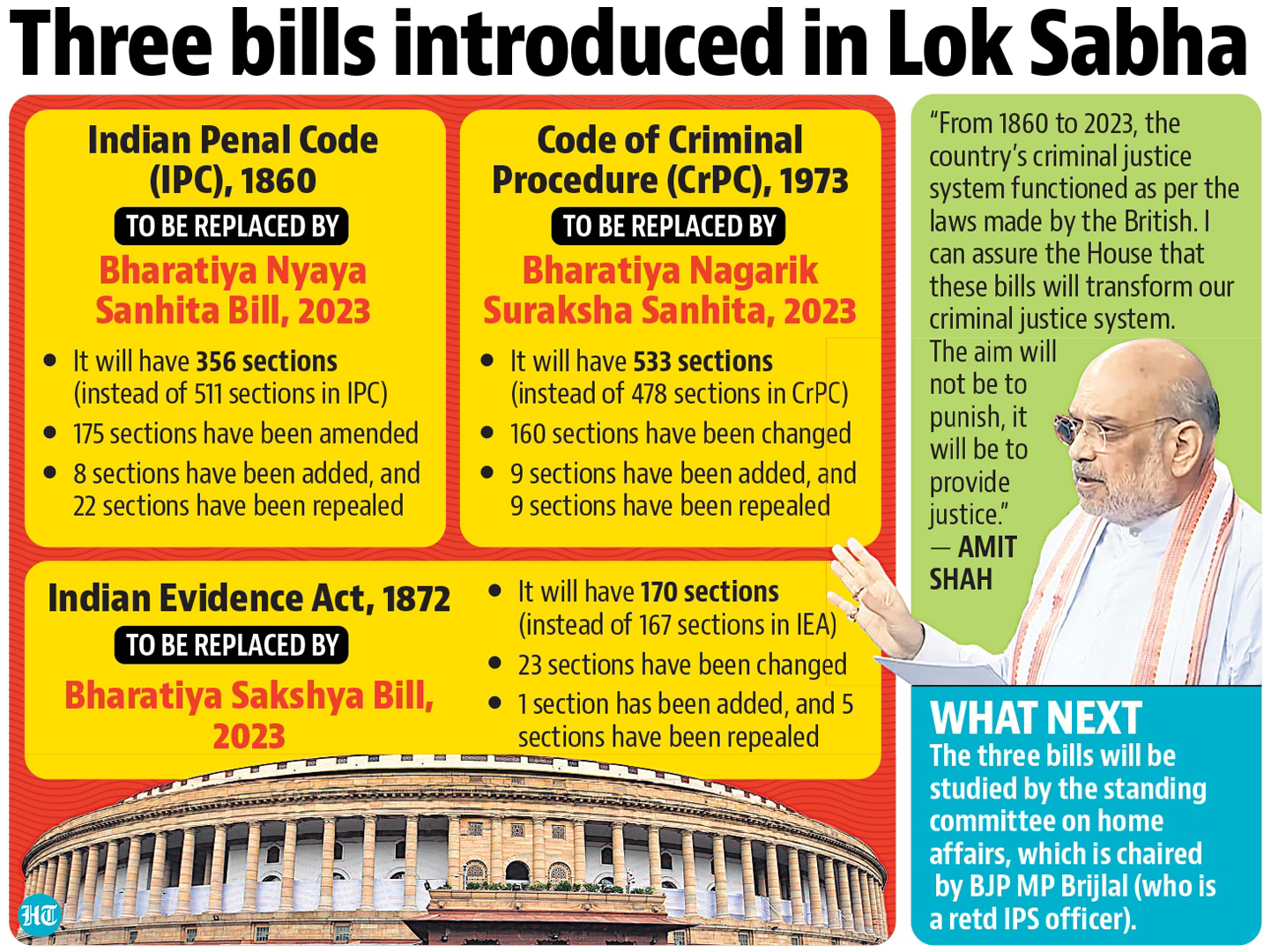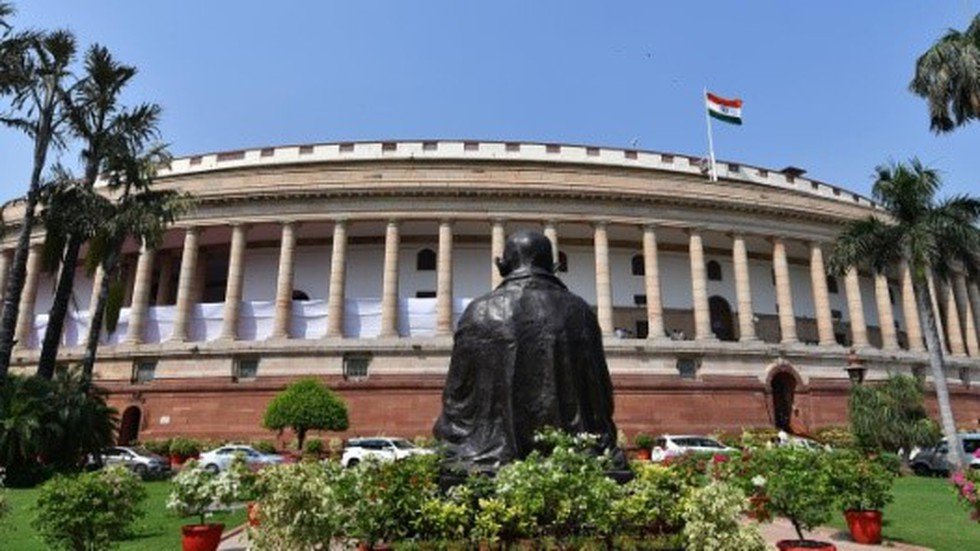
Governor’s Assent to State Laws
Subscribers of "Current Affairs" course can Download Daily Current Affairs in PDF/DOC
Subscribe to Never Miss an Important Update! Assured Discounts on New Products!
Must Join PMF IAS Telegram Channel & PMF IAS History Telegram Channel
- Context (IE I TH): The Kerala Government filed an appeal in the SC as the President has withheld assent for four Bills passed by the Kerala Legislature without disclosing any reasons.
- It has also moved the Court against the Kerala Governor for keeping the Bills pending for a long period and later reserving them for the consideration of the President.
What are the Governor’s Powers over Bills?
Article 200 of the IC
- It outlines the process for a Bill passed by the Legislative Assembly to be presented to the Governor for assent,
- He may give assent to the bill.
- He may send it back to the Assembly requesting it to reconsider some provisions of the Bill or the Bill itself.
- Once the Legislative House reconsiders the Bill and sends it to the Governor once again, the Governor “shall not withhold assent therefrom”.
- The governor cannot return the money bill for reconsideration.
- He may withhold assent.
- He may reserve the bill for the consideration of the president.
- The reservation is obligatory where the bill passed by the state legislature endangers the position of the state high court.
- However, the governor can also reserve the bill if:
- It is against the provisions of the IC.
- It is opposed to the Directive Principles of State Policy (DPSP).
- It is against the larger interest of the country.
- It is of grave national importance
- It Deals with compulsory acquisition of property under Article 31A of the IC.
Article 201
- It states that when a Bill is reserved for the president’s consideration, the President may approve of it or withhold assent.
- The President may also direct the Governor to return the Bill to the House or Houses of the Legislature of the State for reconsideration.
Can the Governor withhold His Assent to a Bill in Exercise of His Discretionary Powers?
- Article 200 suggests that the Governor can withhold his assent, but he can only do so on the advice of the Council of Ministers.
- Article 154 of the IC: The Governor can exercise his executive powers only on the advice of the Council of Ministers.
Can a Governor, in practice, actually sit on a Bill forever?
- The proviso says the Governor must return the Bill “as soon as possible” but does not prescribe a specific timeframe.
- The governors have exploited this ambiguity by sitting on bills indefinitely without returning them to the state legislature.
State government’s views on Governor’s powers
Arguments in favour
- The object of these provisions is to ensure broad uniformity of legislation and conformity with IC.
- This is chiefly necessary to avoid repugnancy to Union laws, of Bills relating to matters in the Concurrent List.
- These provisions also act as a safety valve against hasty legislation and, by their operation, enable the State Government and Legislature to have a second look at it.
Arguments against the powers
- Governor and the Union Government should not arbitrarily exercise their discretion.
- Guidelines for the exercise of such discretion should be laid down.
- The GOI should not try to dictate its policies to the State Government by using its powers under Article 201 unless the proposed Bill goes against the national interest or the provisions of the IC.
- Several states have suggested fixing a time limit for processing and securing the President’s orders on the reserved Bills.
- Several states have asked for their deletion or substantial modification.
- They argue that these provisions are subversive of the true federal principle.
- They want to remove the governor’s power to reserve a Bill relating to a matter in the State List and the President’s power to veto such a Bill.
- They argue that this provision is ‘basically inconsistent with the supremacy of the State Legislature, consisting of representatives of the people in whom the sovereignty of the State vests’.
- It is alleged that the power of the governor is not being exercised in conformity with the purpose and object of these provisions.
SC’s Viewpoint
- Nabam Rebia and Bamang Felix vs Deputy Speaker: The Governor cannot withhold assent to a Bill indefinitely but must return it to the Assembly with a message, which could include his recommendation for amendments.





![PMF IAS Environment for UPSC 2022-23 [paperback] PMF IAS [Nov 30, 2021]…](https://pmfias.b-cdn.net/wp-content/uploads/2024/04/pmfiasenvironmentforupsc2022-23paperbackpmfiasnov302021.jpg)











